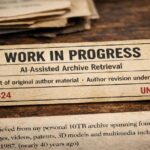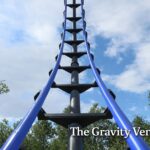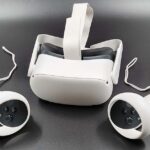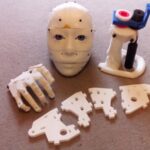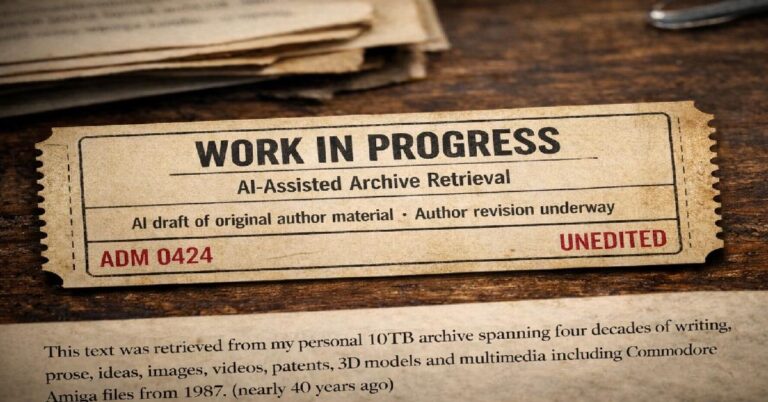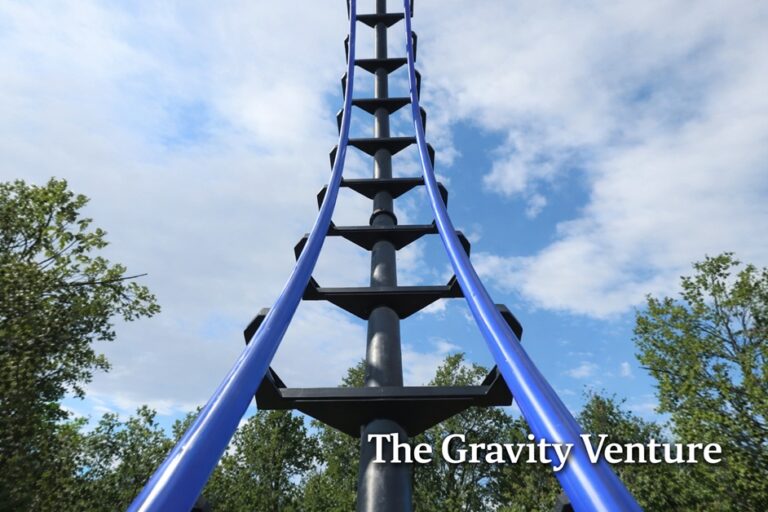From Forbes
AI Has Likely Spread Through Cosmos, Says Former NASA Chief Historian
Senior Contributor
I cover aerospace, astronomy & hosted The Cosmic Controversy Podcast.Follow
Nov 5, 2024,04:01am EST

For all the debate about the future of artificial intelligence here on earth, at least one prominent astrobiology researcher thinks that much of the cosmos may have already been touched by what he terms post-biological intelligence.
There are three possibilities of the kind of universe we live in, Steven Dick, former NASA Chief Historian and the author of “Astrobiology, Discovery and Societal Impact,” told me recently in Copenhagen.
One possibility is that we live in a physical universe in which life is a fluke; a biological universe in which life is common; or a post-biological universe in which biological life has mostly or partly transitioned to AI, says Dick. In my view, the universe is most likely at least partly post-biological, he says.
In a post-biological world, carbon-based intelligences like our own would have been replaced by advanced AI civilizations, perhaps even creating ‘Matrix’-styled artificial realities.
But is it a foregone conclusion that our own species will be replaced by earth-based AI?
Post-biologicals are not a fait accompli on earth or anywhere else, says Dick. But I think a post-biological universe is likely because of the potential age of extraterrestrials, he says.
The age of the universe spans at least a 13.7-billion-year timeframe. And because the first sunlike stars appear to have been present some 12 billion years ago, truly long-lived intelligent species could be several billion years old. Thus, post-biological AI is likely to be far beyond anything we might imagine.
So, a successful search for cosmic AI might require a search strategy that is quite different from the type of search needed when looking for biological aliens. In fact, that could be one reason that we’ve yet to detect extraterrestrial intelligence.
And if intelligent aliens have evolved in any sort of linear, stepwise progression, it’s arguable that such AI would be both immortal and capable of exponential learning and improvement.
In a 2003 paper published in the International Journal of Astrobiology, Dick pointed out that unlike humans, an advanced AI intelligence would be cumulative. Thus, the sum-total of knowledge in the parent machine would be passed on to the next generation.
As For Detecting Such Extraterrestrial AI?
That’s still a very long shot. Dick and I first met nearly three decades ago at an astrobiology conference held in Capri, Italy. At the time, only one planet had been confirmed to circle another sunlike star. Today, the extrasolar planetary count is pushing 6000.
But in the decades since our first meeting, the hunt for extraterrestrial life has been filled with twists and turns. Initial optimism has been tempered somewhat since we have yet to find a solar system with architecture that is truly analogous to our own. Even so, Dick remains optimistic.
It’s too soon to know for certain whether godlike AI civilizations are out there living in fabricated structures that have no connection with physical planets as we know them. Or whether we are infinitely alone in the cosmos.
Barring an “Independence Day”-styled wholescale alien invasion, I seriously doubt that the discovery of microfossils on Mars; extant microbes on one of the moons of Jupiter or Saturn; or even an intelligent alien signal from 30 light years away would have much of an immediate impact on global society.
But Dick and a good portion of the rest of the world see it differently.
In 2013, the World Economic Forum declared that the discovery of alien life would be one of five “X-factors” —- issues with scientific grounding but unknown consequences —- that need to be addressed now rather than when the discovery is made, says Dick.
The Cosmos Is Not All About Us
The Copernican worldview, the idea that earth is not the center of the cosmos, did not have immediate effect, says Dick. But in the long term it has changed our worldviews of our place in the universe and the perception of our place on earth, he says.
How does astrobiology help us make sense of the universe itself?
Our place in the universe will be affected by whether we live in a physical, biological, or post-biological universe, says Dick. The nature and laws of the universe are consistent with life and they would not have to be, he says. This indicates a deep connection between cosmology and biology, and an interaction that (as yet) we do not completely understand, says Dick.
The Bottom Line?
We should think out of the box about what the universal principles of life might be, says Dick.
